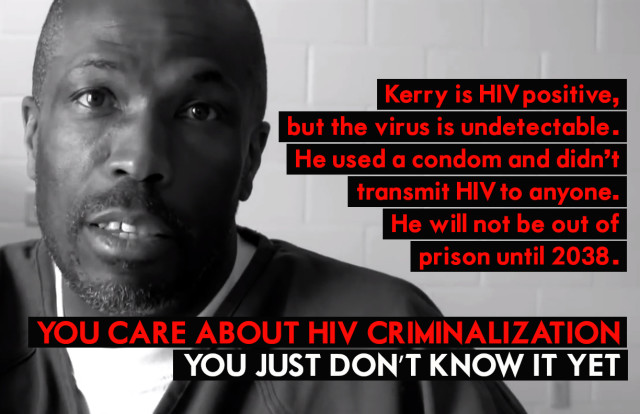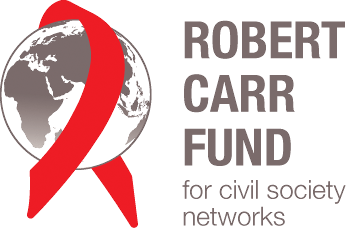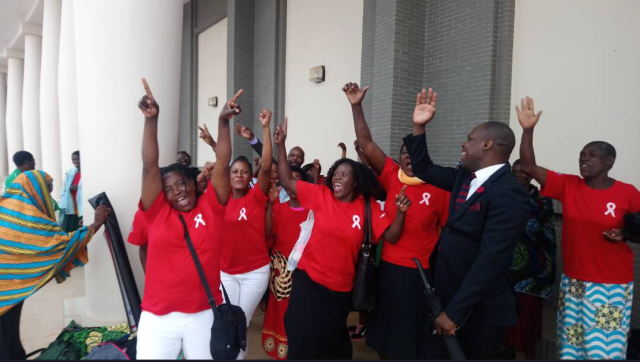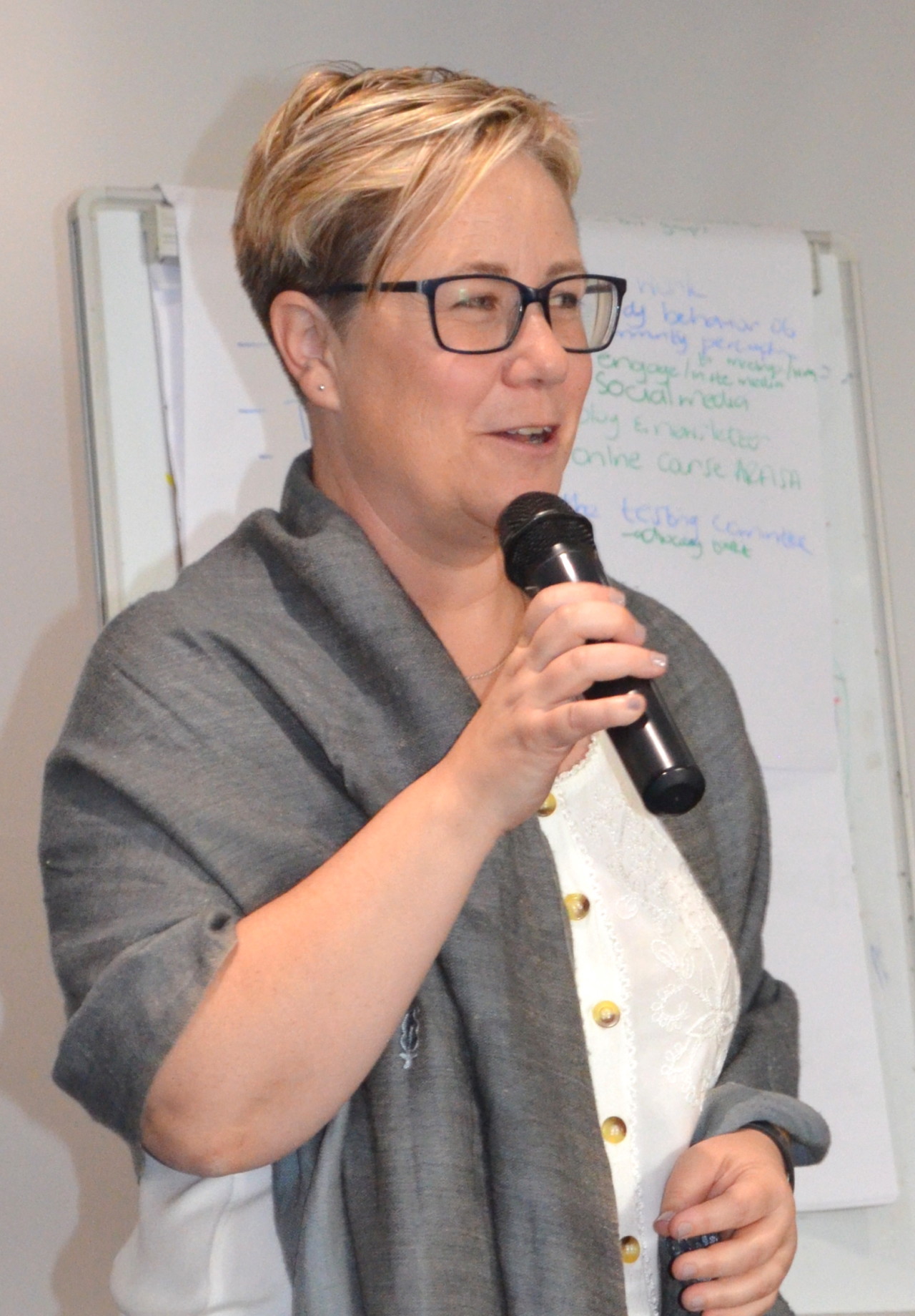Beyond Blame 2018: Challenging HIV Criminalisation was a one-day meeting for activists, advocates, judges, lawyers, scientists, healthcare professionals and researchers working to end HIV criminalisation. Held at the historic De Balie in Amsterdam, immediately preceding the 22nd International AIDS Conference (AIDS 2018), the meeting was convened by HIV JUSTICE WORLDWIDE and supported by a grant from the Robert Carr Fund for Civil Society Networks.
The Meeting Report and Evaluation, written by the meeting’s lead rapporteur, Sally Cameron, Senior Policy Analyst for the HIV Justice Network, is now available for download here.
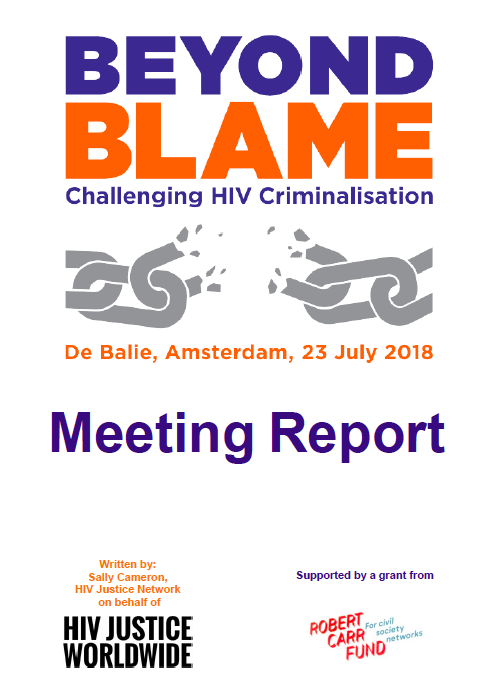 The meeting discussed progress on the global effort to combat the unjust use of the criminal law against people living with HIV, including practical opportunities for advocates working in different jurisdictions to share knowledge, collaborate, and energise the global fight against HIV criminalisation. The programme included keynote presentations, interactive panels, and more intimate workshops focusing on critical issues in the fight against HIV criminalisation around the world.
The meeting discussed progress on the global effort to combat the unjust use of the criminal law against people living with HIV, including practical opportunities for advocates working in different jurisdictions to share knowledge, collaborate, and energise the global fight against HIV criminalisation. The programme included keynote presentations, interactive panels, and more intimate workshops focusing on critical issues in the fight against HIV criminalisation around the world.
The more than 150 attendees at the meeting came from 30 countries covering most regions of the world including Africa, Asia and the Pacific, Eastern Europe and Central Asia, Latin and North America and Western Europe. Participation was extended to a global audience through livestreaming of the meeting on the HIV JUSTICE WORLDWIDE YouTube Channel, with interaction facilitated through the use of Twitter (using the hashtag #BeyondBlame2018) to ask questions of panellists and other speakers. See our Twitter Moments story here.
Following the meeting, participants were surveyed to gauge the event’s success. All participants rated Beyond Blame 2018 as good (6%), very good (37%), or excellent (57%), with 100% of participants saying that Beyond Blame 2018 had provided useful information and evidence they could use to advocate against HIV criminalisation.
A video recording of the entire meeting is available on HIV JUSTICE WORLDWIDE’s YouTube Chanel.
Key points
- The experience of HIV criminalisation was a poor fit for individual’s actions and the consequences of those actions, particularly where actions included little or no possibility of transmission or where courts did not address scientific evidence
- The consequences of prosecution for alleged HIV non-disclosure prior to sex are enormous and may include being ostracised, dealing with trauma and ongoing mental health issues, loss of social standing, financial instability, multiple barriers to participation in society, and sex offender registration
- Survivors of the experience shared a sense of solidarity with others who had been through the system, and were determined to use their voices to create change so that others do not have to go through similar experiences
- Becoming an advocate against HIV criminalisation is empowering and helps to make sense of individuals’ experiences
- The movement against HIV criminalisation has grown significantly over the last decade but as the movement has grown, so has understanding of the breadth of the issue, with new cases and laws frequently uncovered in different parts of the world.
- As well as stigma, there are multiple structural barriers in place enabling HIV criminalisation, including lags in getting modern science into courtrooms and incentives for police to bring cases for prosecution.
- Community mobilisation is vital to successful advocacy. That work requires funding, education, and dialogue among those most affected to develop local agendas for change.
- Criminalisation is complex and more work is required to build legal literacy of local communities.
- Regional and global organisations play a vital role supporting local organisations to network and increase understanding and capacity for advocacy.
- There have already been many advocacy successes, frequently the result of interagency collaboration and effective community mobilisation.
- It is critical to frame advocacy against HIV criminalisation around justice, effective public health strategy and science rather than relying on science alone, as this more comprehensive framing is both more strategic and will help prevent injustices that may result from a reliance on science alone.
- There have been lengthy delays between scientific and medical understanding of HIV being substantiated in large scale, authoritative trials, and that knowledge being accepted by courts.
- Improving courts’ understanding that effective treatment radically reduces HIV transmission risk (galvanised in the grassroots ‘U=U’ movement) has the potential to dramatically decrease the number of prosecutions and convictions associated with HIV criminalisation and could lead to a modernisation of HIV-related laws.
- Great care must be exercised when advocating a ‘U=U’ position at policy/law reform level, as doing so has the potential to deflect attention from issues of justice, particularly the need to repeal HIV-specific laws, stop the overly broad application of laws, and ensure that people who are not on treatment, cannot access viral load testing and/or who have a detectable viral load are not left behind.
- Courts’ poor understanding of the effectiveness of modern antiretroviral therapies contributes to laws being inappropriately applied and people being convicted and sentenced to lengthy jail terms because of an exaggerated perception of ‘the harms’ caused by HIV.
- HIV-related stigma remains a major impediment to the application of modern science into the courtroom, and a major issue undermining justice for people living with HIV throughout all legal systems.
- HIV prevention, including individuals living with HIV accessing and remaining on treatment, is as much the responsibility of governments as individuals, and governments should ensure accessible, affordable and supportive health systems to enable everyone to access HIV prevention and treatment.
- New education campaigns are required, bringing modern scientific understanding into community health education.
- Continuing to work in silos is slowing our response to the HIV epidemic.
- HIV criminalisation plays out in social contexts, with patriarchal social structures and gender discrimination intersecting with race, class, sexuality and other factors to exacerbate existing social inequalities.
- Women’s efforts to seek protections from the criminal justice system are not always feminist; they often further the carceral state and promote criminalisation.
- Interventions by some purporting to speak on behalf of women’s safety or HIV prevention efforts have delivered limited successes because social power, the structuring of laws and the ways laws are administered remain rooted in patriarchal power and structural violence.
- Feminist approaches must recognise that women’s experiences differ according to a range of factors including race, class, types of work, immigration status, the experience of colonisation, and others.
- For many women, HIV disclosure is not a safe option.
- More work is needed to increase legal literacy and support for local women to develop and lead HIV criminalisation advocacy based on their local context.
- When women affected by HIV have had the opportunity to consider the way that ‘protective’ HIV laws are likely to be applied, they have often concluded that those laws will be used against them and have taken action to advocate against the use of those laws.
At the end of the meeting, participants were asked to make some closing observations. These included:
- Recognising that the event had allowed a variety of voices to be heard. In particular, autobiographical voices were the most authentic and most powerful: people speaking about their own experiences. This model which deferred to those communicating personal experiences, should be use when speaking to those in power.
- Appreciating that there was enormous value in hearing concrete examples of how people are working to address HIV criminalisation, particularly when working intersectionally. It is important to capture these practical examples and make them available (noting practical examples will form the focus of the pending Advancing HIV Justice 3 report).
- Understanding that U=U is based on a degree of privilege that is not shared by all people living with HIV. It is vital that accurate science informs HIV criminalisation as a means to reduce the number of people being prosecuted, however, people who are not on treatment are likely to become the new ‘scapegoats’. It is important that we take all opportunities to build bridges between U=U and anti-HIV criminalisation advocates, to create strong pathways to work together and support shared work.
- Noting the importance of calling out racism and colonialism and their effects.
- Observing that more effort is required to better understand and improve the role of police, health care providers and peer educators to limit HIV criminalisation.
- Exploring innovative ways to advocate against HIV criminalisation, including community education work through the use of art, theatre, dance and other mechanisms.
- Concluding that we must challenge ourselves going forward. That we must make the circle bigger. That next time we meet, we should challenge ourselves to bring someone who doesn’t agree with us. That we each find five people who aren’t on our side or don’t believe HIV criminalisation is a problem and we find ways and means (including funding) to bring them to the next Beyond Blame.
